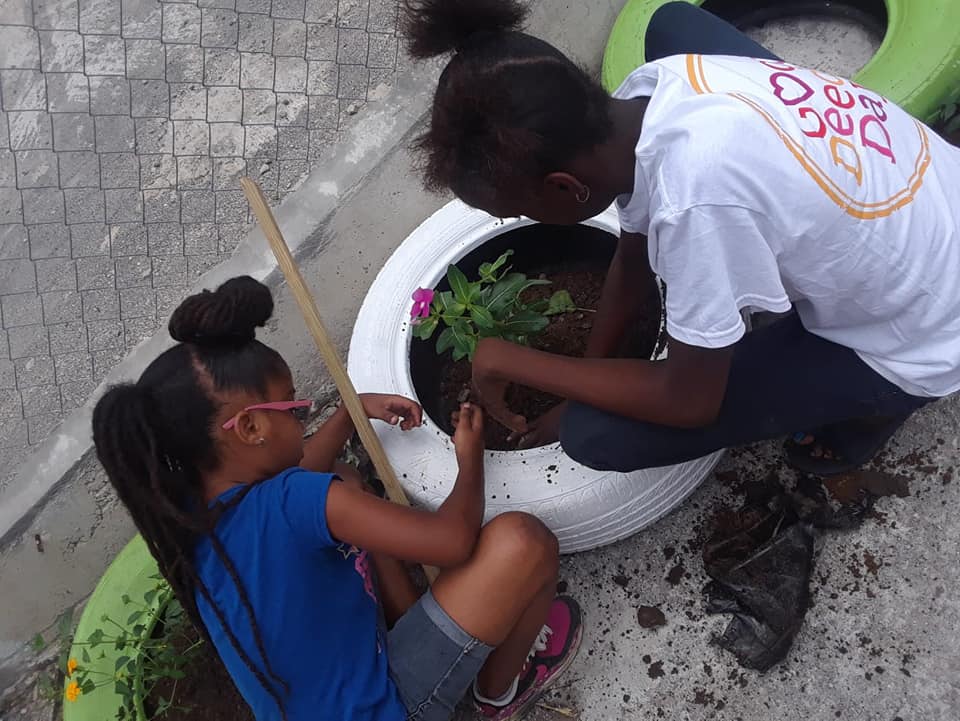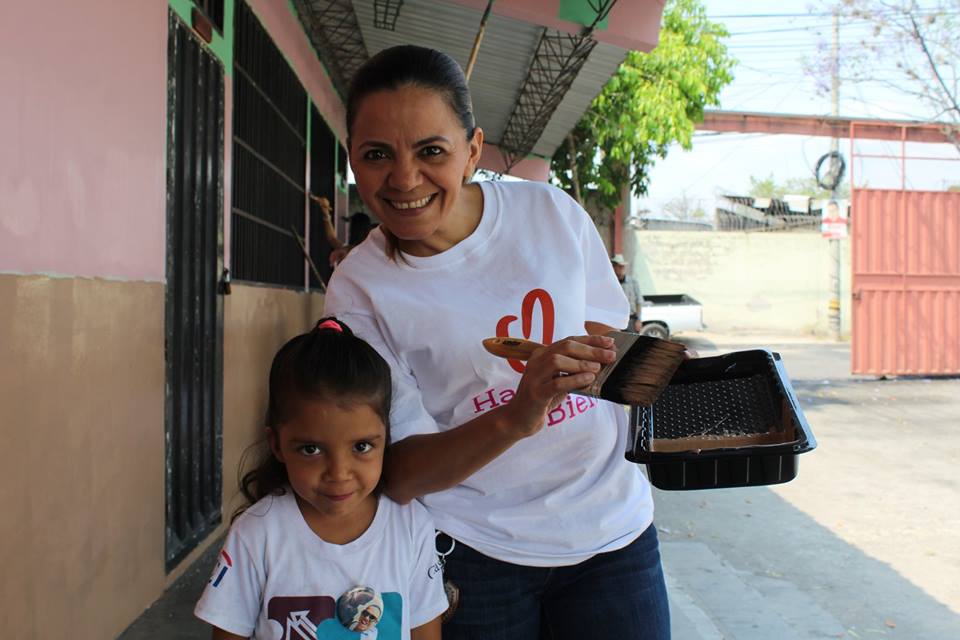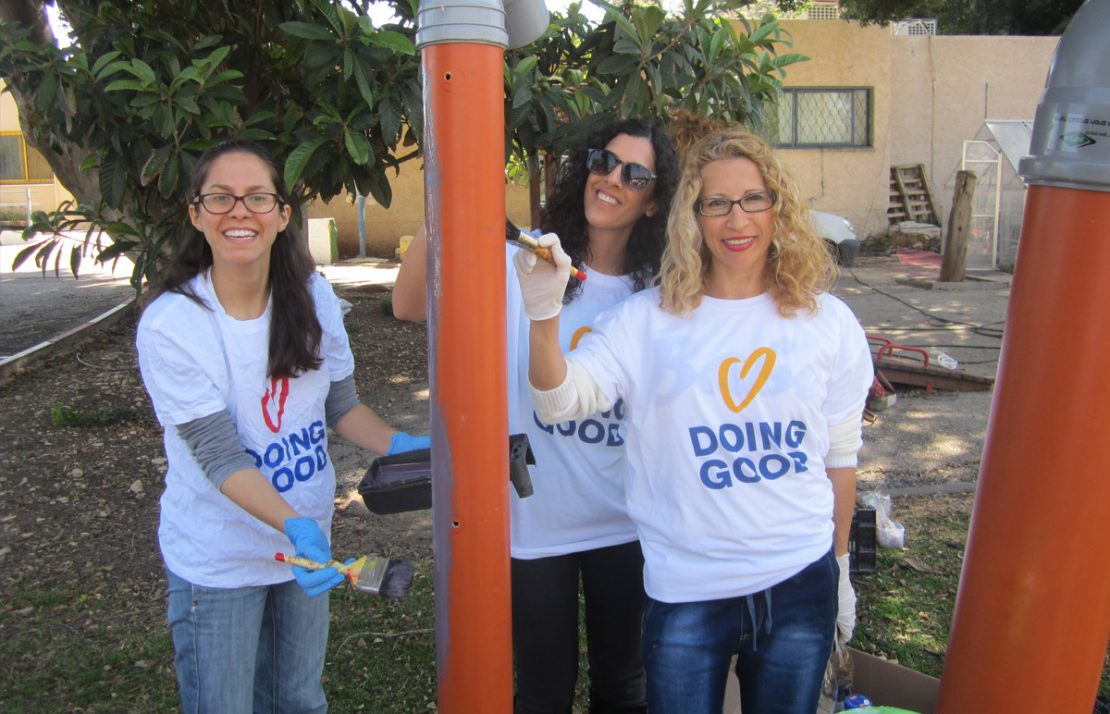
Many of us take the time around the holidays to go away with family and friends, recharge, rest and spent quality time together. Many people turn to us and ask- if I am already traveling should I find an opportunity to take my family and volunteer?
The Simple answer is YES! There are many good reasons to volunteer as a family.
Once you have decided to volunteer make sure you are doing so in a wise way that supports your family values.
Here are a few tips to guide your way.

Step One: Understand Development and Aid
We know you are excited to volunteer. Sometimes our excitement leads us volunteer anywhere available. This may be hard to believe but not all organizations — even nonprofits — are doing good, necessary work that ethically develops the communities and ecosystems where we volunteer our time. For that reason, take a step back from the planning and instead learn more about core problems facing development projects when they bring in Western volunteers and ideas.
Make sure you connect with reliable volunteer matching programs and don’t be shy about asking them hard questions
Step Two: Choose a Good-Fit Type of Volunteering
here are an overwhelming number of ways to volunteer.
Your next step is to assess your time commitment, the composition of the volunteers (age and physical ability for example) and your personal volunteer motivations.
Independent volunteering: Not usually a good fit for short term travel. if you have a specific organization in mind, reach out and see if they are able to accommodate you. For most, very short-term volunteers are more of challenge then a help. Consider the other options.
Placement companies: Middlemen take a fee to match you with a specific type of volunteer project and usually offer a medium level of facilitation. Ideal for very specific or niche volunteer experiences and either short or long time commitments.
Voluntours: These offer a high level of facilitation and are ideal for those on a short vacation who want to pack in a lot of sites with a nod to service integrated into the trip. Voluntours are expensive, and the ratio of touring to service can vary greatly. Usually, the bulk of your fee goes to the tour company itself.
Social enterprise: All travelers can support the small businesses working in their own local communities for change. If you can only volunteer for a very short time, consider nixing the volunteering and instead infusing your money into local communities as you travel. Volunteering is not always the right choice on every trip, but you can still do good by choosing restaurants, shops, and business with an underlying social mission

Step Three: Research Organizations in Your Interest Area
Now it’s time to get down to the details. Travelers too often skip the first two steps and risk having an unfulfilling trip at best and doing harm with their volunteering efforts at worst. Your next step in your prep work is to start with a search of the major volunteer databases to see what projects exist in your interest area.
These websites allow you to sort and sift through the whole gamut of types of volunteering (conservation, teaching, medical, etc.) and requirements (family, timing, location). For now, simply fill your spreadsheet or folder with projects that excite you, and in the next step we’ll look at vetting potential volunteer projects.
- Grassroots Volunteering: A small, growing resource of free and low-cost organizations and social enterprises all over the world.
- Go Overseas: This site collates volunteering placements from many companies and returns a lot of variety in the search results.
- org: A large database that occasionally returns some fantastic, small, niche organizations.
- Pro World: A wonderful middleman placement company with community-driven projects and offering internships, volunteering, and study-abroad programs.
- Volunteer HQ: Very fair placement fees even with the refundable registration fee taken into account, and they seem to choose projects with a long-term community approach.
- WWOOF: Working on organic farms is a wonderful way to give time to farm, agriculture, and sometimes conservation projects.
Step Four: Ask the Right Questions
Vetting the volunteer projects you researched is your next step and allows you to narrow your list. Diligently follow through with this stage of the process because there are heartbreaking consequences to supporting projects that are not sensitive to the needs of the people and places they serve.
There are many questions to ask here are just a few to get you started
- What type of company is this? Nonprofit, for-profit, NGO?
- What companies partner with your organization?
- How is the organization working on building a community, project, or situation that can self-sustain in the future?
- What is the specific breakdown of your volunteer fee? How much goes to the organization/cause/community you’re helping?
- What is included in the fee? Food, housing, travel insurance, transportation, facilitation?
- Can you speak with previous volunteers? (It could be a red-flag if you can’t!).
- What are the volunteer’s responsibilities at the placement?
- How many days a week and for how many hours will you work?
- What, very specifically, will you do each day?
When you’ve effectively questioned the organizations and projects that interest you, you’re only left with the personal decision of weighing time, costs, and project details to decide which one fits your volunteering goals.
Good Luck and have a meaningful vacation!




